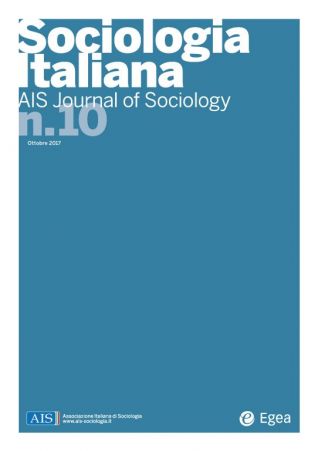AIS
2017/10
Smart working e destrutturazione temporale: opzioni di studio (Smart working and the de-structuring of time. Some considerations for study), di Matteo Rinaldini
Lo smart working è una pratica organizzativa che ambisce a eliminare vincoli e confini spazio-temporali predeterminati tra sfera lavorativa e sfera non lavorativa. Al di là della polarizzazione tra «entusiasti» e «critici» degli effetti dello smart working , la letteratura organizzativa è attraversata anche da modi diversi di intendere il concetto di destrutturazione temporale e in generale la nozione di tempo organizzativo. Il presente contributo propone una sistematizzazione delle diverse nozioni di tempo presenti nel pensiero organizzativo e dei diversi significati che assume la destrutturazione temporale. L’obiettivo è mettere in evidenza le implicazioni che le diverse nozioni di tempo e di destrutturazione temporale hanno sull’analisi dello smart working.
Smart working and the de-structuring of time. Some considerations for study
The introduction of smart working is expected to de-structure the relationship between time and the workplace, eliminating constraints and predetermined spatiotemporal boundaries between the work and non-work spheres. According to part of the literature, this process should produce benefits for both businesses and employees, in terms of increasing productivity and ensuring a better work/life balance for workers. Another part of the literature views smart working (and the way it de-structures time) as a precondition for the unlimited extension of working hours and a device which strengthens discipline and control. These different stances are however underpinned by different interpretations of the de-structuring process, based on different notions of organizational time, with significant consequences on a theoretical and heuristic (and design) level. At present, however, these differences remains on the margins of the debate. This paper sets out to identify the different notions of time in the organizational field, and the different meanings of the de-structuring of time, with the aim of highlighting the implications of these different meanings, and the effects of the destructuring process on the analysis and design of smart working.
L'ACCESSO A QUESTO CONTENUTO E' RISERVATO AGLI UTENTI ABBONATI
Sei abbonato? Esegui l'accesso oppure abbonati.
